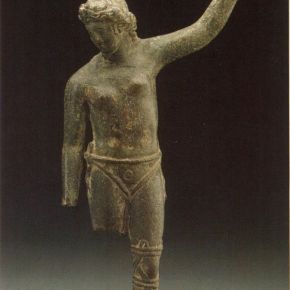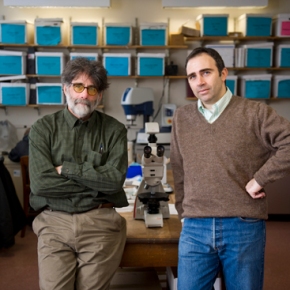‘One Word, Plastics’
Although in development since the 1970s, 3D printing has suddenly emerged as one of the latest and greatest technologies. From digital scans and designs, plastics are layered to create great components of flexible and durable plastics. This technique is diverse from the more conventional method of machinery cutting away at a larger raw material to …










